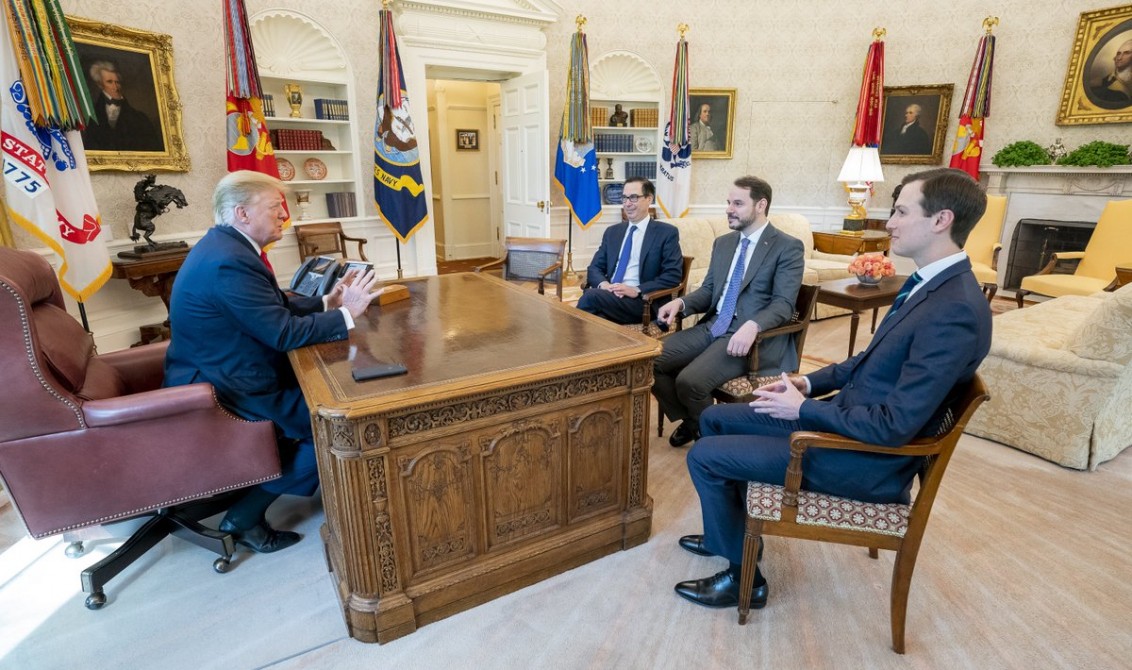That Albayrak's meeting with Trump went well demonstrates that leader-to-leader diplomacy remains the bastion of Turkey-U.S. relations. On the S-400s, Turkey urges Trump to use his power to override an attempt by Congress to target Ankara with the Countering America's Adversaries Through Sanctions Act (CAATSA) – just as he vetoed a bill to end U.S. support for the Saudi-led military operation in Yemen. The Turks expect the U.S. president to use his veto power for the third time to avoid a comprehensive crisis in bilateral relations. Yet, the U.S. government and Congress seem unwilling to hear out Turkey's legitimate concerns.
I was in Washington on the same days as the Turkish delegation to attend a panel discussion on the Syrian crisis hosted by the Foundation for Political, Economic and Social Research (SETA). Based on my meetings there, my sense is that the threat of CAATSA is under consideration across U.S. bureaucracy, and Trump must absolutely take an initiative to stop the S-400 issue from turning into a full-blown crisis.
Let's see if Trump will do for Turkey what he already did for Saudi Arabia. Will he block attempts to poison Turkey-U.S. relations through CAATSA or Turkey's removal from the F-35 program?
It seems that the S-400 issue will be the single greatest challenge that the Turkish-American alliance has encountered in recent years. Let us recall that this trend started back in 2013, when differences of opinion over the Syrian civil war were the driving factors behind worsening bilateral relations. First, Turkey and the United States competed over the fight against Daesh terrorists. Then came Washington's support for the People's Protection Units (YPG), the terrorist organization PKK's Syrian branch. Finally, the relationship took a hit due to Washington's actions – or lack thereof – regarding the Gülenist Terror Group (FETÖ) and Halkbank.
Ironically, Syria now presents an opportunity for the two countries to repair their relations. An agreement on the safe zone could stop further deterioration. Of course, such a step would require all sides to listen to U.S. officials willing to acknowledge Washington's past mistakes rather than people like Brett McGurk and the rest of the Barack Obama holdovers. The words of Gen. James Jones, President Obama's national security adviser who currently serves as chairman of the American-Turkish Council, are a case in point: "Had a safe zone been set up in Syria after the violation of the red line, the refugee influx would have been prevented. Not taking that step was a strategic mistake."
Obama was wrong not to take Erdoğan's advice on the safe zone. Now Trump has an opportunity to withdraw American troops from Syria and implement that plan – and oversee the recovery of Turkey-U.S. relations.
[Daily Sabah, 20 April 2019]







